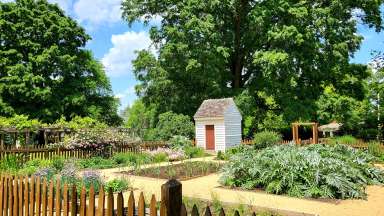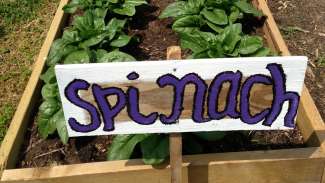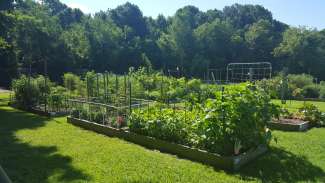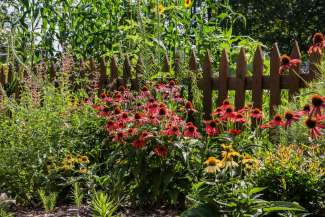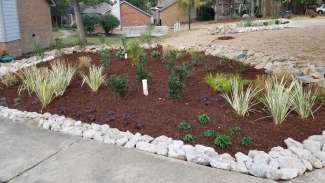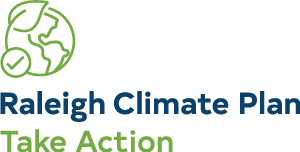Jump To:
Home Gardens
A home garden is generally owned by a single-family or two-family residence and is used to grow fruits, vegetables, plants, flowers, or herbs for personal use.
Community Gardens
Community gardens are areas of land managed and maintained by a group of individuals to grow and harvest food crops and/or non-food ornamental crops. Crops are generally used for personal or group use, consumption, sale, or donation.
Urban Farms
An urban farm grows food-producing or ornamental plants and crops for sale on-site or off-site. Examples of what an urban farm might produce include bees, fish, poultry, or small to medium-sized farm animals.
Pollinators and Pollinator Gardens
One out of every three bites of our food is made possible by pollinators like bees, birds, and butterflies. Pollinators and pollinator gardens protect species and habitat essential to a sustainable food system.
Rain Gardens
A rain garden, or bioretention area, is a planted area that helps prevent water pollution. Plants collect and clean rainwater coming from roads, sidewalks, roofs, driveways, and patios before it reaches our waterways. Our Rainwater Rewards Program will help you pay for a rain garden on your home or business property.
